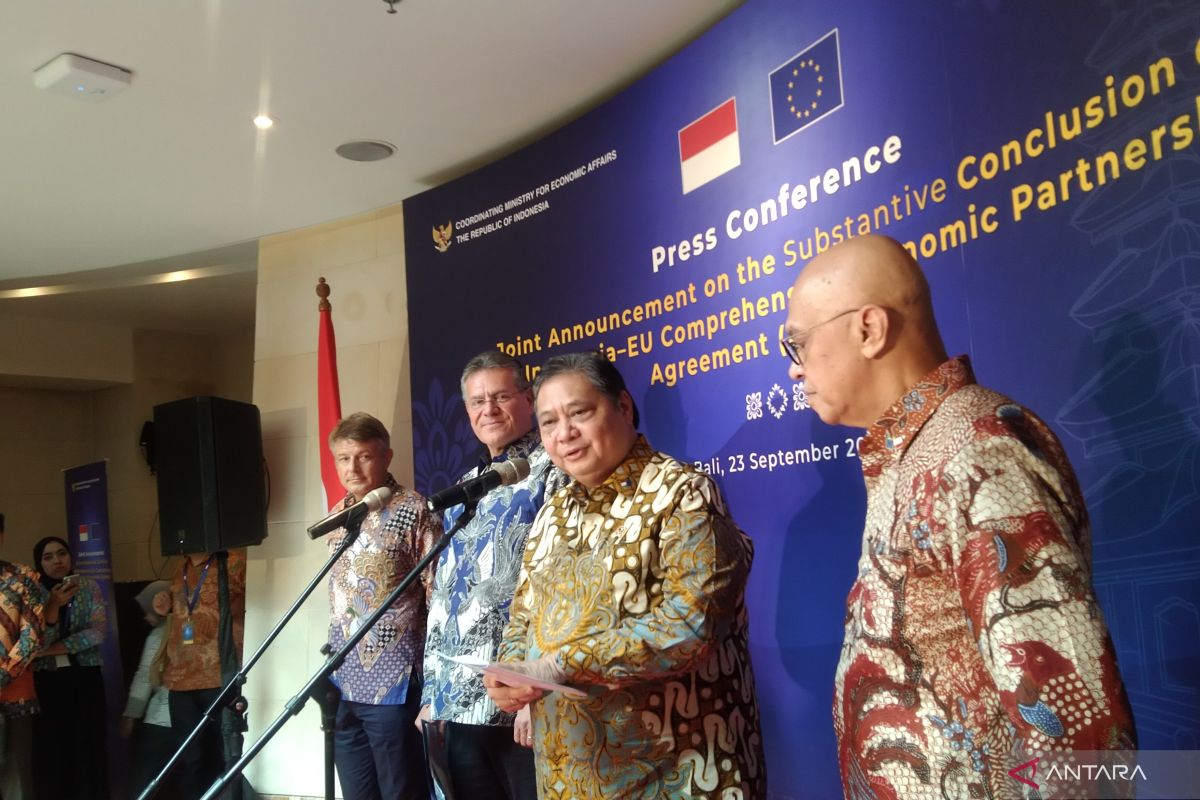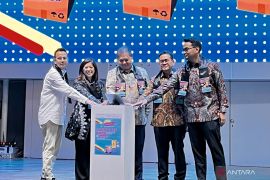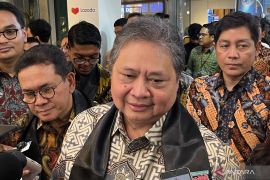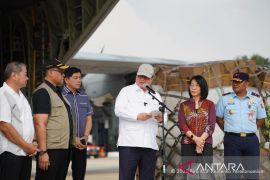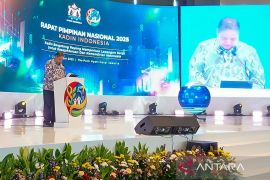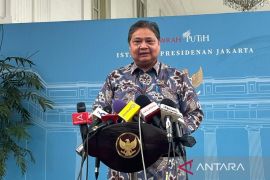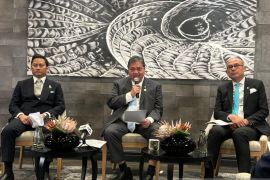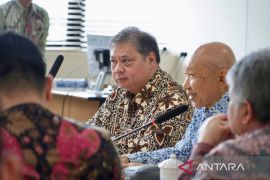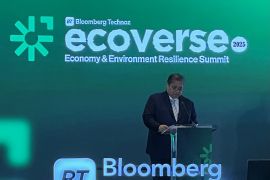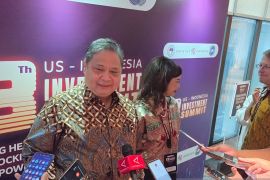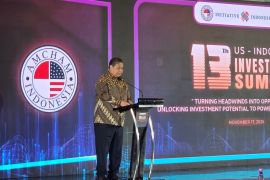We will provide guidance for MSMEs to enter the European market easily, based on our agreement with the EU on MSME facilitation,Nusa Dua, Bali (ANTARA) - Coordinating Minister for Economic Affairs Airlangga Hartarto said the Indonesia-European Union Comprehensive Economic Partnership Agreement (IEU-CEPA) opens major investment opportunities, particularly in the development of electric vehicles (EVs) in Indonesia.
“For minerals, we are currently collaborating with European investors and are discussing cooperation with European automotive companies as well,” he stated on the sidelines of the IEU-CEPA signing in Nusa Dua, Bali, on Tuesday.
He noted that the European Union has strong interest in Indonesia’s mineral resources and its growing EV industry.
The EU is also expected to support Indonesia in areas such as capital-intensive, technology-based, and innovation-driven industries, including renewable energy and automotive manufacturing.
According to Hartarto, the agreement will benefit both parties and includes significant support for Indonesian micro, small, and medium enterprises (MSMEs), which have long faced bureaucratic hurdles in accessing European markets.
“We will provide guidance for MSMEs to enter the European market easily, based on our agreement with the EU on MSME facilitation,” he added.
Related news: IEU-CEPA grants zero tariffs to several export commodities
The IEU-CEPA will connect 723 million people across both regions, with a combined economic value of over USD 21 trillion. Indonesia’s exports to the EU are projected to increase by up to 60 percent in the early stages of implementation.
The agreement is also expected to raise Indonesia’s national income by USD 2.8 billion, create new jobs, and contribute to poverty reduction. Hartarto noted that it will have a direct impact on five million workers in labor-intensive sectors.
Key sectors to benefit include palm oil, coffee, textiles and apparel, footwear, and furniture. The agreement also opens the door for Indonesia to export more high-tech products, such as smartphones and telecommunications equipment — a step toward greater export diversification.
In terms of trade facilitation, both sides have agreed to simplify export-import procedures and enhance cooperation between customs authorities.
The IEU-CEPA is aligned with Indonesia’s Economic Package Program for the second half of 2025, aimed at boosting employment and industrial growth.
The agreement is expected to take effect on January 1, 2027, after ratification by both parliaments. Upon implementation, Indonesian products will immediately enjoy zero tariffs in 90 percent of the EU market, with further reductions to follow.
Related news: IEU-CEPA to boost MSME access to European market: minister
Related news: IEU-CEPA opens up fair trade cooperation opportunities: ministry
Translator: Resinta Sulistiyandari
Editor: M Razi Rahman
Copyright © ANTARA 2025
